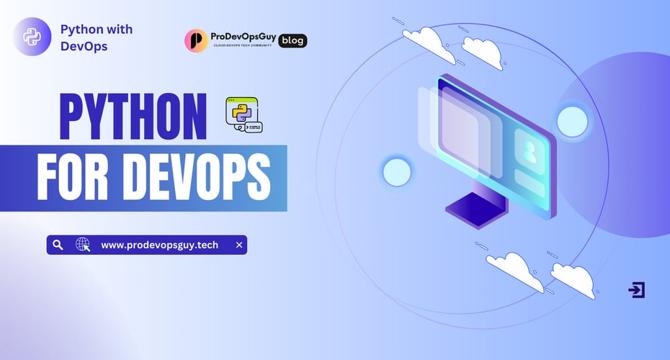Dev
1w
83

Image Credit: Dev
Python for DevOps: A Comprehensive Guide from Beginner to Advanced
- Python is gaining popularity in DevOps because of its adaptability, ease of use, and extensive libraries.
- Python simplifies repetitive tasks, works across platforms and tools, and supports diverse libraries like boto3 for AWS, requests for API interactions.
- Setting up a suitable environment is crucial for effective use of Python. Install Python from python.org, use virtual environments to avoid version conflicts, and install packages using pip.
- Python’s subprocess library enables automating builds and running tests directly from scripts. Python scripts can interact with CI/CD tools via APIs or command-line utilities. Deploy applications across environments using paramiko for SSH connections.
- Python can automate configuration management tasks, manage resources across environments, and handle IaC tasks like provisioning servers, managing cloud resources such as AWS.
- Python can collect metrics and send alerts when system thresholds are exceeded. Python can query Prometheus for real-time metrics. Use elasticsearch-py for searching and visualising logs.
- Boto3, Requests, Paramiko, Docker SDK, Flask, Prometheus Client are popular Python libraries for DevOps automation. These libraries streamline various DevOps tasks, making automation more accessible.
- To ensure Python scripts are reliable and maintainable, follow best practices like using virtual environments, documenting code, implementing error handling.
- Python projects in DevOps include automated backup, deployment pipeline, custom monitoring dashboard. Mastering Python is essential for DevOps engineers to enhance productivity, streamline operations, and build resilient, scalable systems.
Read Full Article
5 Likes
For uninterrupted reading, download the app